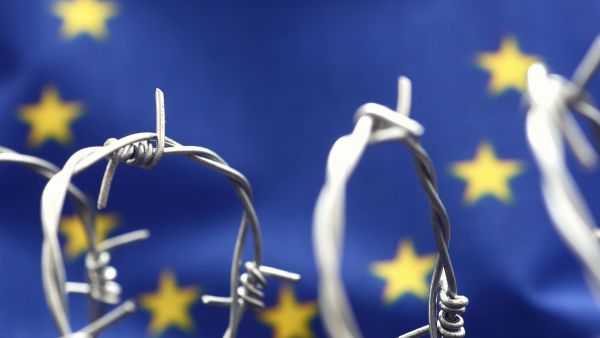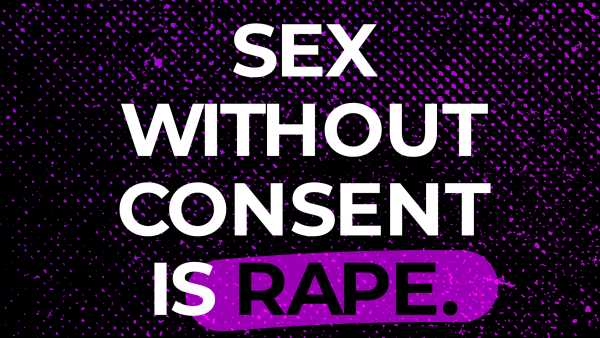Tues, 2 - Schengen
Gianni Pittella
Schengen is not only the greatest success of the story of European integration, but the purest symbol of a united Europe. Once this symbol is destroyed, the whole of Europe is at risk of collapse. The request to extend temporary measures for periods up to two years could mean the beginning of end of the Schengen era. EU Institutions and Member States must deal with the most urgent questions we are facing: How do we support the countries facing the brunt of the crisis? And how do we create a common and effective policy for the EU's external borders? Member states must stop thinking that there are national solutions to this crisis - we need a clear and co-ordinated European response if we are going to effectively resolve it.
The proposal to restore internal borders would be a strike at the heart and at the idea of the European Union itself. This negative approach would also be inconceivable for young people belonging to the second Erasmus generation, who have always lived in a Union without internal borders with the opportunities a free area of education and citizenship provide. Again and again, selfish national rhetoric means that member states continue to look at the finger rather than the moon. Greece is not the problem. The problem stems from fact that the relocation system doesn´t work, nobody knows where to, and whom should pay, to return those who have no the right for refugee status, the outdated Dublin system must be revised and Frontex has not yet started supporting MS in the control of external borders.
Tues, 2 - New Strategy for gender equality and women's rights post-2015
Iratxe Garcia-Perez
The European Commission is bound by article 2 of the Treaty and the Charter of Fundamental Rights to act for gender equality. In the past, the Commission has clearly endorsed a clear, transparent, legitimate, and public Communication for a Strategy for Equality between Women and Men. We deplore that the Commission only published a staff working document for a “Strategic engagement for gender equality 2016 - 2019” thus not only presenting a downgraded internal document but also restricting the duration of its action. No progress can be made without concrete benchmarks and dedicated budget. We call on the Commission to follow up on the results of the public consultation, the positions of the European Parliament and of the Council by immediately adopting a Communication for a new Strategy for Gender Equality and Women’s Rights 2016 -2020 which will address gender equality issues in the fields of violence against women, work-time, decision-making, health, education, media, and external relations, and be in line with the international agenda.
Tues, 2 - Establishment of a European Platform to enhance cooperation in the prevention and deterrence of undeclared work
Georgi Pirinski
The proposed platform is designed as a key venue for providing clear added value at Union level to efforts not only to prevent and deter undeclared work, but also to transform such work into declared work. Authorized member states' representatives, together with EU- level social partners are called upon to discuss and arrive at conclusions, to be transmitted via the Commission to Parliament and Council in line with the Platform's mission, made all the more urgently required, given the escalating challenges in the EU labor market.
Wed, 3 - Situation in Libya
Victor Boştinaru
Following the Libyan Political Agreement signed in December it is essential to have a Government of National Accord (GNA) finally in place, to address the dramatic humanitarian, economic and security situation in the country. In the resolution we call on the House of Representatives to show a spirit of compromise and to endorse the GNA, after it rejected the first list of ministers proposed. Libyan ownership of the process is a key element to successfully deal with the many challenges ahead, such as the economy, reforming and building state institutions, fighting the growing threat of Daesh, improving the human rights situation, combating human smugglers. Once the GNA is in place, at its request the EU should offer all the promised support, with a coordinated package of measures.
Wed, 3 - 2015 progress report on Serbia
Tanja Fajon
The S&D group welcomes the launch of negotiations with Serbia at the end of 2015 with the opening of Chapters 32 and 35, stressing at the same time that Chapters 23 and 24 should be opened in early 2016. While progress has been achieved in the last year in Serbia's reform agenda as well as in the normalisation of relations with Kosovo – a clear sign of continued commitment by Serbia to the European integration process – many pertinent issues remain worrisome. Deterioration of freedom of expression and media freedom, corruption and lack of transparency in the funding of political parties and election campaigns remain key issues, but the situation of Roma and protection of minorities also require immediate attention. With the upcoming early elections it is crucial that Serbia further progresses with its EU agenda and does not interrupt the positive momentum built over the past months.
Mon, 1 - Recommendations to the European Commission on the negotiations for the Trade in Services Agreement (TiSA)
Jude Kirton Darling
The current rules that control global trade in services date back to 1995. They are in need of a major update as the internet has changed the way services are traded: public services are under threat, as are jobs, wages and fundamental rights like privacy. Negotiations for TiSA, or the Trade in Services Agreements, could help but the S&D Group will not accept a deal at any price. The report to be voted this week sets out our redlines: we want new protection measures for workers and consumers, and new rules to fully guarantee government's right to regulate, not least when it comes to public services. The Commission needs to change its approach in the negotiations, or it will face a veto from MEPs.
Tues, 2 - Transparency and control of clinical trials
Matthias Groote
On January 17 a volunteer tragically died after taking part in a clinical trial in France. Five others taking part in the trial were hospitalized with possible neurological damage. They were part of a Phase 1 trial of an experimental drug intended as a possible painkiller or treatment for mood and anxiety disorders. S&D fought for the transparency measures agreed in the Clinical Trials Regulations in 2014. These measures need to be put in place as soon as possible to ensure better patient safety and more effective medical advancement. Furthermore, it is vital that there is public access to the results of all clinical trials, which is not the case in Phase 1 trials. As this regulation will not come into force before 2018, the S&D Group wants clarification from the European Commission on the progress of the implementation of this new regulation, as well as more details on the case of the clinical trial in France.









